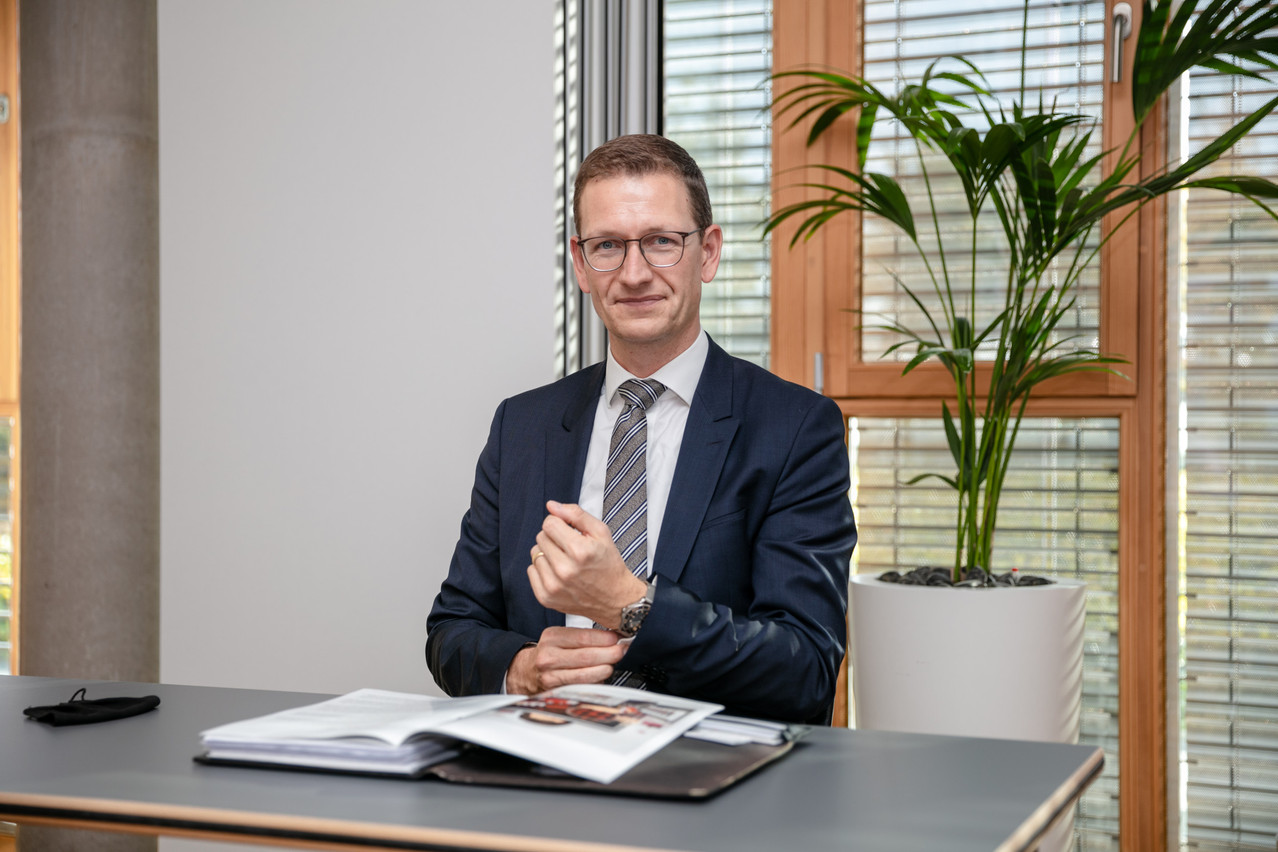Is there any upcoming regulation in the domain of alternative investments – in Luxembourg or on the EU level – that you think will have an impact on the business of asset managers and the way asset managers consider Luxembourg as a fund domicile?
. – “The alternative assets investment industry is subject to several structural changes. The main regulatory and derived business impacts will stem from (i) Sustainable finance, (ii) AIFMD 2, (iii) DORA and (iv) ATAD.
Sustainable Finance criteria will influence the asset selection and asset strategies, in both a limiting as well as an opportunity creating manner. The enhanced disclosure and the implementation of formal investment restrictions for Art. 8 and Art. 9 AIF leads to a very different level of data and operational process management. AIFMD 2 will set new standards for delegation oversight and specific situations such as liquidity management. This sophistication on processes is further pushed by DORA and the management of the ICT and data resilience of the AIFM and delegated/outsourced activities. Finally, ATAD 3 requires further disclosure and transparency measures on the structuring of the funds.
So, asset managers that manage and master data and disclosures and manage the cost of these processes will be better positioned to benefit and succeed in the future market environment. Luxembourg as a domicile needs to provide the means and tools to support this transformation.
How do you support your clients in meeting ESG/sustainability requirements?
“We first assist or at least explore with the client the products and distribution strategy. Which products do they need to gather investor money and meet investor expectations? Not all settings require a fully fledged sustainability or ESG strategy.
Once the need is defined/determined we assist clients to identify allocation criteria, limits and asset filters. This is the crucial step from a product design perspective, since it determines the inevitable universe and as such the viability of the fund.
Finally, we transpose the product strategy into the governance and corporate procedures of the AIFM and its delegates to re-design the value chain, ensure data and disclosure inputs are well collected and operational and portfolio risks are managed.
It seems like everybody in the finance sector – from private banking to alternative investments – is talking about talent attraction and retention. What are some steps that you think are key to making sure Luxembourg remains competitive?
“FOCUS: Define the job profiles we wish to concentrate on and the core competencies we wish to stand out for (even in an international context);
FEDERATE: Align policy and tax regulations to attract (best) or at least not to detract (minimum) talent;
INNOVATE: Use technology and business innovation to foster interesting work contents;
COMMUNICATE: Work on employer branding and country branding to communicate on our assets and attractivity of Luxembourg as a work domicile;
BE SMART: Work on the cost base and on the design of the value chain in order to remain competitive.”
